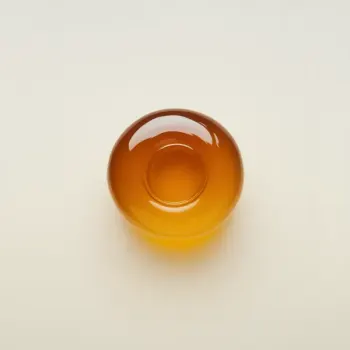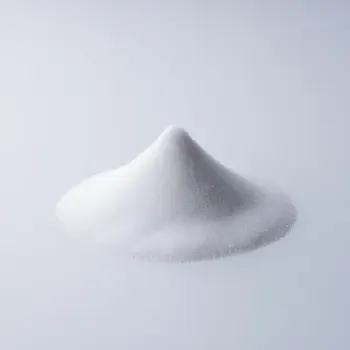Honey and sugar are both sweeteners used in cooking, with honey offering a complex flavor and additional moisture, while sugar provides a neutral taste and structural benefits in baking.

Honey is a natural sweetener produced by bees from the nectar of flowers. It varies in color and flavor depending on the nectar source, and is valued for its distinct taste as well as its therapeutic properties.

Sugar, often referred to as table sugar or granulated sugar, is a crystalline carbohydrate derived primarily from sugarcane or sugar beets. It is widely used as a sweetener in cooking and baking.
Honey and sugar differ in several ways, including flavor, texture, and nutritional content. Honey has a complex flavor profile that can include floral, fruity, or even woody notes, whereas sugar has a straightforward sweet taste. The texture of honey is thick and sticky, while sugar is granular and dry. Honey contains trace amounts of vitamins and antioxidants, while sugar lacks these nutrients.

Your ultimate Recipe Box, Meal Planner, and Cooking Class all in one
Honey is best used in recipes like honey cakes, glazes for pastries, and sweet breads. It adds moisture and a distinct flavor. When using honey in baking, reduce the oven temperature slightly to prevent over-browning. Sugar is versatile in baking and is used in cookies, cakes, and muffins. It provides structure and browning. Sugar can be creamed with butter for a light and airy texture in cakes.
Honey pairs well with teas, lemonades, and cocktails, imparting a rich sweetness and a smooth texture. It also offers a soothing effect in warm drinks for sore throats. Sugar is commonly used in coffee, tea, and homemade sodas. It dissolves well and provides a neutral sweetness without altering the flavor profile of the beverage.
Honey is ideal for sweet and tangy sauces like honey-mustard dressing or glazes for meats. Its sticky consistency helps it cling to foods and caramelize nicely when cooked. Sugar is used to balance acidity in tomato-based sauces, salad dressings, and marinades. It can help to mellow out sharp flavors and create a well-rounded taste.
While honey contains trace amounts of vitamins, minerals, and antioxidants, sugar does not offer these nutritional benefits. However, both should be consumed in moderation as part of a balanced diet.
| Nutrient | Honey ( per Tablespoon ) | Sugar ( per Tablespoon ) |
|---|---|---|
| Fat | 0g | 0g |
| Sodium | 1mg | 0mg |
| Calcium | 1mg | 0mg |
| Protein | 0.06g | 0g |
| Calories | 64 | 49 |
| Carbohydrates | 17.3g | 12.6g |
Honey does contain trace nutrients and antioxidants that sugar lacks, making it a slightly healthier option. However, both are high in sugars and should be consumed in moderation.
They can often be substituted for each other with adjustments for liquid content and cooking temperature, but this can alter the flavor and texture of the recipe.
Honey provides more moisture to baked goods than sugar, which can result in a denser and moister texture.
Using honey instead of sugar can contribute a different flavor and slight nutritional benefits, but it does not significantly make a recipe healthier due to its similar calorie and sugar content.
Yes, honey has a lower glycemic index than sugar, meaning it may have a lesser impact on blood sugar levels.